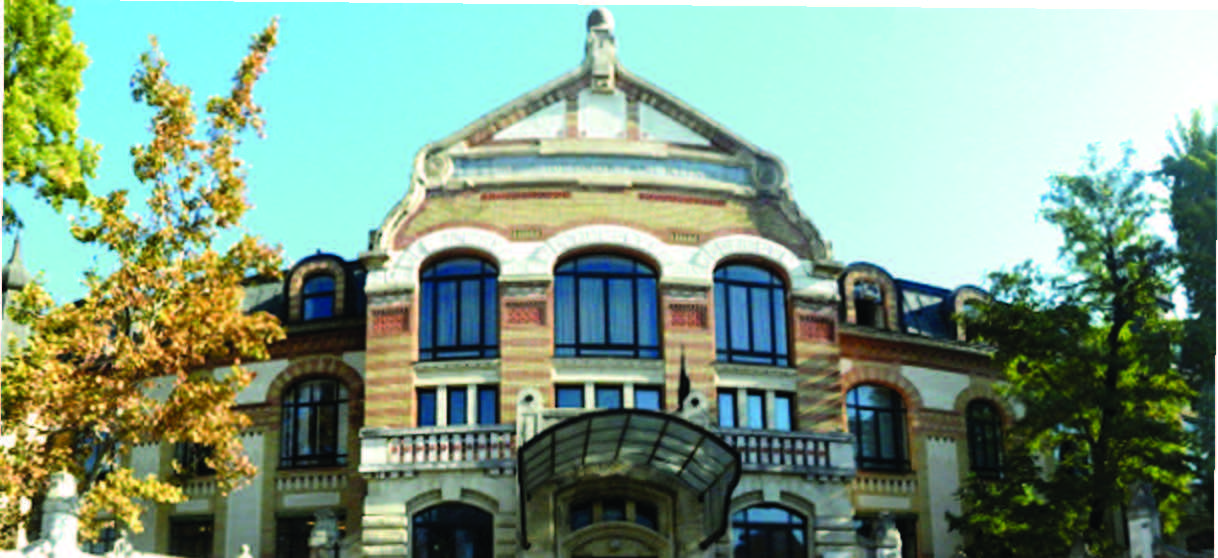The provision of acute stroke care in Hungary has grown rapidly and steadily over the past seven years. In 2009 the country had just 16 certified centres, a number that had grown to 39 by 2016.

However, although the increase of stroke care is great news for a country that has a high incidence of acute cases, there was little if any recording or analysis of treatment data. As an example, the estimate of new annual cases varied wildly from between 26,000 to around 45,000. This disparity is emblematic of the lack of actionable data, rendering the accurate planning of future resource and refinement of current practices virtually impossible. Of course, implementing more robust systems takes time and manpower – two things the Hungarian health service didn’t have in abundance.
Enter into the scene two helping hands - The Angels Initiative and the ResQ Registry. With the new alliance in place a simple plan was devised to pilot a low-impact method of data collection that wouldn’t put any extra strain on already busy health professionals. Under the supervision and endorsement of Professor Bereczki, we instigated a one-month pilot RES-Q Registry project at Semmelweis University Neurology Clinic in November 2016. The results highlighted a range of issues and areas for improvement and when a second month of data collection was undertaken in January 2017, many of the previous errors and gaps in care had been corrected.




